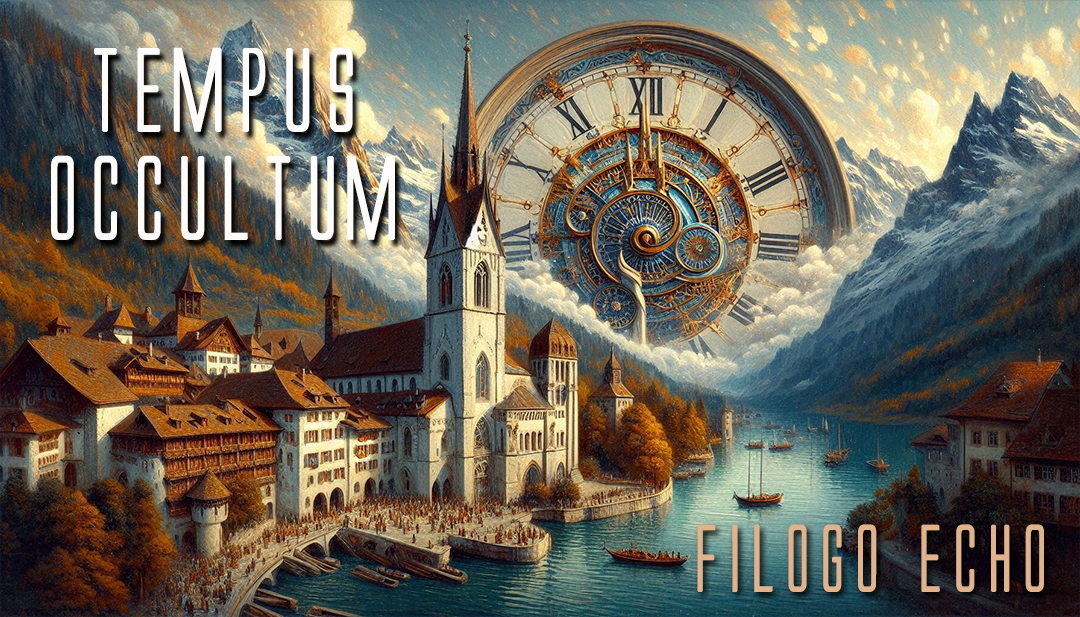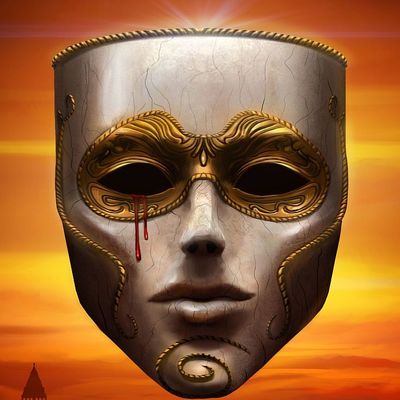
Chapter Four: Defectus Eclipsus III
The door of the observatory creaked open, and I started, hastily covering Brother Clemens's manuscript with a star chart. But it was the old astronomer himself who entered, looking unsurprised to find me there.
"I thought I might find you here," he said, closing the door behind him. "Your meeting with our visitor from Rome has concluded, I see."
"Yes," I replied, my voice tight with excitement and anxiety. "Brother Clemens, I've been comparing your calculations with a reference provided by Doctor Visconti, and I've found—"
"Discrepancies," he finished for me, sinking onto a stool with a sigh. "Yes, I imagined you would."
"Then you've known? About the falsified eclipse records, the impossible comet appearances?"
He nodded slowly. "For many years, Brother Lukas. But knowing and proving are different matters. And proving and revealing different still."
"But this is extraordinary evidence!" I exclaimed, gesturing to the open books. "If Halley's Comet appeared in 530 and again in 684, with only 154 years between—"
"Then the chronology is compressed," Clemens said, "and the missing years must lie somewhere in that interval. Yes, I reached the same conclusion decades ago."
"Why did you never publish your findings? This overturns our entire understanding of medieval history!"
The old man's expression was a mixture of resignation and suppressed excitement. "Publication requires approval, Brother Lukas. And such approval would never be granted for work that undermines the established chronology. Men like Visconti ensure that."
"The guardians of true time," I murmured.
"They have many names throughout history," Clemens replied. "But their purpose remains constant: to maintain the fiction, to guard the secret that time itself has been manipulated."
"But why?" I pressed. "What purpose could be served by inserting phantom centuries into history?"
Brother Clemens glanced toward the door, then lowered his voice. "That is the question that has consumed my life, Brother Lukas. And the answer, I fear, may be more disturbing than the deception itself."
He rose and moved to a cabinet built into the observatory wall. From a hidden drawer, he withdrew a yellowed parchment, carefully preserved between sheets of oiled paper.
"This," he said, "is a copy of a document I discovered in Florence thirty years ago, in a collection of papers once belonging to Galileo Galilei."
I took it reverently. Galileo's name alone made the document significant, but its content stunned me further. It appeared to be a letter, written in an elegant Renaissance hand, addressed to an unnamed correspondent.
"Most esteemed colleague," it began, "I must share with you a discovery of such magnitude that I dare not commit the details to paper. My calculations of the motions of Jupiter's moons have led me to an inescapable conclusion: the chronology of our world contains a significant error. An error of such proportion that, were it to become known, would throw into question not merely our understanding of Creation, but what we believe to be the verities of Christendom.
"I have determined that certain astronomical events recorded in ancient and medieval chronicles could not have occurred as described. The positions of the planets, the timing of eclipses—all point to a systematic distortion of time itself. This distortion appears to center on the period between the fall of Rome and the crowning of Charlemagne.
"I hesitate to pursue this line of inquiry further, having already earned the Pope's displeasure with my defense of the Copernican system. To suggest now that the Church's very chronology is built upon a falsehood would surely lead to my destruction. Yet as a man dedicated to truth, I cannot simply ignore what the heavens themselves have revealed to me.
"I entrust this letter to your discretion, along with the accompanying calculations..."
The letter ended there, the remaining portion apparently lost or deliberately removed.
"Is this authentic?" I asked, my mouth dry with anticipation.
"As far as I can determine, yes," Clemens replied. "Though Galileo never published the calculation to which he refers, for obvious reasons. His conflict with Pope Urban VIII over heliocentrism was difficult enough without an additional attack on the Church’s calendar."
I nodded, thinking of how Galileo had been forced to publicly recant his statements. Was it possible that part of the reason for his conflict with the Church was because he was known to have questioned the historical timeline?
Eppure si muove. It occurred to me that the apocryphal rejoinder so famously credited to him could, perhaps refer to the chronology as easily as the planet.
"Galileo was not the only one to notice these discrepancies," Clemens continued. "Tycho Brahe had suspicions as well. His meticulous observations of planetary positions revealed inconsistencies when compared with ancient records. And Johannes Kepler, while formulating his laws of planetary motion using Brahe's data, encountered similar difficulties."
"Yet neither Brahe nor Kepler published anything about these chronological problems," I noted.
"They were more cautious than Galileo," Clemens said with a faint smile. "And almost certainly more politically astute. Brahe, with his noble background and royal patronage, understood the dangers of challenging established authority too directly. And Kepler, already walking a fine line as a Lutheran mathematician in Catholic lands, could not afford to antagonize the Church further."
I returned to the books spread before me, my mind racing with implications. "Brother Clemens, these astronomical discrepancies would provide objective, scientific evidence of chronological manipulation. The heavens themselves testify against the accepted timeline."
"The heavens are impartial witnesses," he agreed. "Unlike human chroniclers, stars and planets cannot be bribed or threatened into false testimony."
"But we need more evidence," I said, thinking aloud. "More specific calculations that pinpoint exactly where and how the timeline was altered."
Clemens nodded. "That is why I have focused my research on eclipses. Unlike comets or planetary conjunctions, eclipses follow precise, predictable patterns. They occur in cycles that can be calculated backward or forward in time with mathematical certainty."
















